Data Governance: Framework, Tools, Principles, Benefits
Knowledge Hut
APRIL 20, 2023
Data governance refers to the set of policies, procedures, mix of people and standards that organisations put in place to manage their data assets. It involves establishing a framework for data management that ensures data quality, privacy, security, and compliance with regulatory requirements.

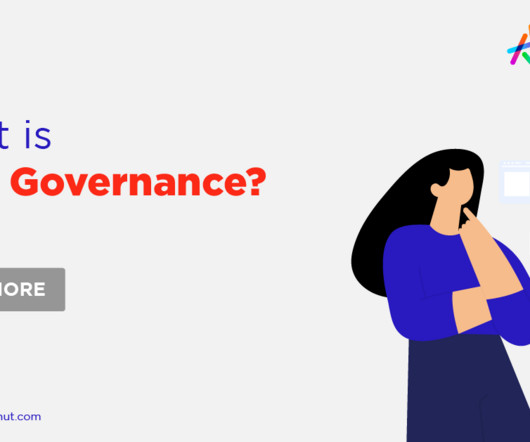




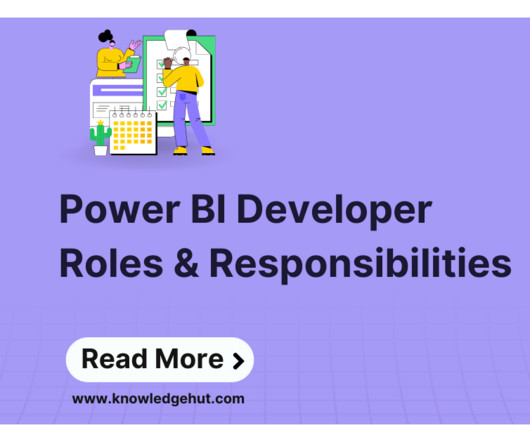
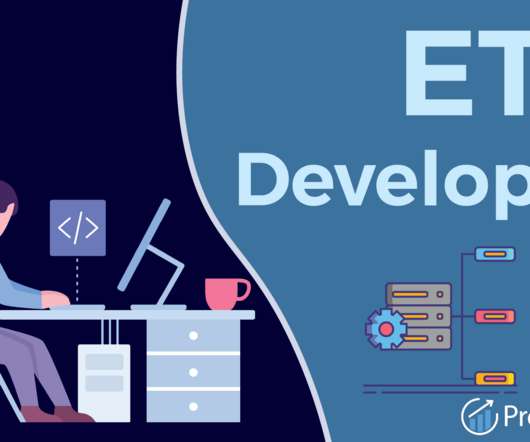

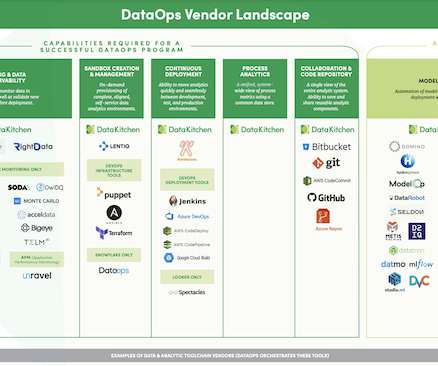

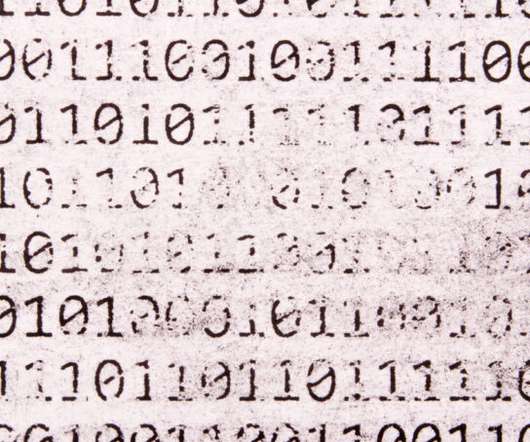






Let's personalize your content